Administrators update cell phone regulation policy
High school administrators enacted the updated cell phone policy to formally differentiate cell phones from “nuisance items”; however, stricter guidelines raise concern in some teachers over the potential banning of cell phones from the high school.
This fall, the high school implemented the first standardized phone policy, defining permissible cell phone use, while outlining the punishments for noncompliance. Yet despite the new policy’s implementation, many teachers and students saw no change in cell phone use.
The policy update was precipitated by the normalization of cell phone use. As the school website phone guidelines explained, “The overwhelming majority of our students use their cell phone in an appropriate and acceptable manner.”
One of the major purposes of the new policy is to provide clarity and consistency to phone regulation. The last formal policy did not differentiate cell phones from a range of “nuisance” items including e-cigarettes and stink bombs.
Senior Keyan Shayegan said, “Having a cell phone has made high school a lot easier just because it gives you so much more access to information.”
Quick access to the internet is a tool that has become inseparable from the success of many students. While students at the high school understand the need for cell phone regulation, many feel that cell phone use is a necessity in difficult classes.
Shayegan explained, “In high level classes, kids know not to mess around and can be trusted with phones.”
Creating a cell phone policy that allows for educational use of phones is task that has proven difficult for many schools. Since the release of the iPhone, schools have been conflicted between treating cell phones as an essential learning tool, and restricting there use, frequently leading them to being banned altogether.
As of this year, neither Stillwater Middle school, Oakland Middle School or Hudson High School allow for any use of cell phones during school hours.
Open cell phone use is an option that neither students nor teachers wish to lose.
I hope cell phone policy does not go to its extreme. Hudson High School does not allow cell phones out and I think that’s stupid because these are the modern devices. Cell phones are able to be devices to teach with.
— Dennis Lindsay
Band teacher Dennis Lindsay said, “I hope cell phone policy does not go to its extreme. Hudson High School does not allow cell phones out and I think that’s stupid because these are the modern devices. Cell phones are able to be devices to teach with.”
Before this fall, the school relied on the BYOD, or Bring Your Own Device policy. In this policy, regulation of cell phones has fallen to the teachers rather than on administrators. Yet despite the policy change, the school has not seen any substantial change in cell phone use. However, some teachers are afraid of backlash that could follow attempts at further curtailing phone use.
For this reason, many at the high school suspect that if the current policy is escalated into an attempt to substantially limit cell phone use, it would only succeed in eliminating the productive phone use during class.
“If you tell people they can not have cell phones, it just makes the pocket texting more pervasive,” band teacher Joel Bryan explained.
During the time of the BYOD policy, many teachers were able to develop successful policies allowed students to continue using phones in class. These policies varied wildly from the virtually uncontrolled cell phone use in many AP classes, to policies employed in many other classes that allow for the educational use of cell phones.
“I always tell my classes ‘monitor your use, you come up with your policy, you know how it works,'” Lindsay said.
Self regulation was especially effective in his highest level class, where students knew when cell phone use became a distraction and responded by leaving their cell phones in their lockers.
“We can’t fight cell phone use, its whats life is going to be like and we need to learn how to deal with it,” Bryan said.

Levi Gregg is a copy editor and is a junior who writes in the news department. He is the chair of Youth For Sustainable Solutions, he is in track and...


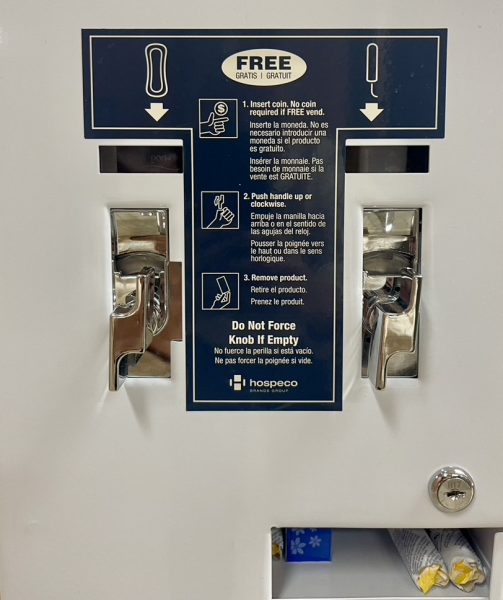

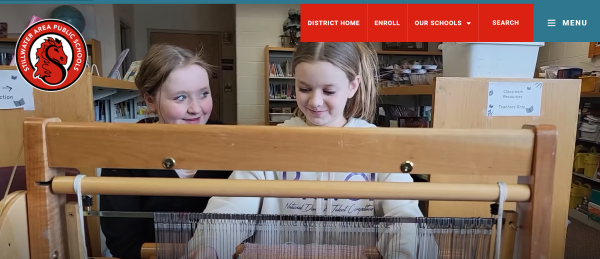

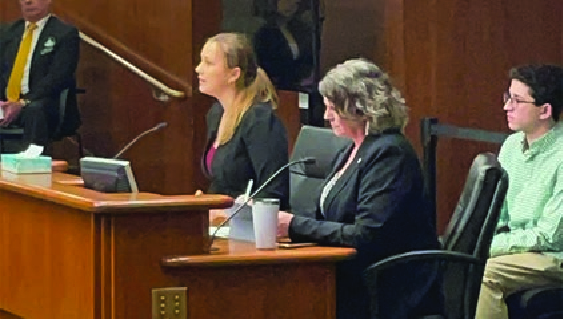

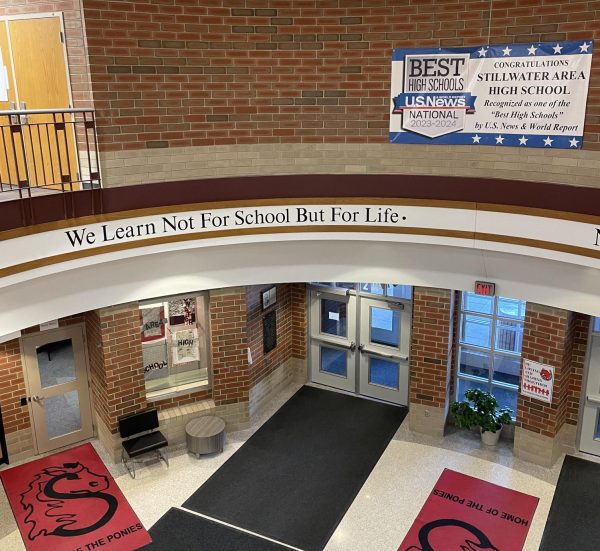
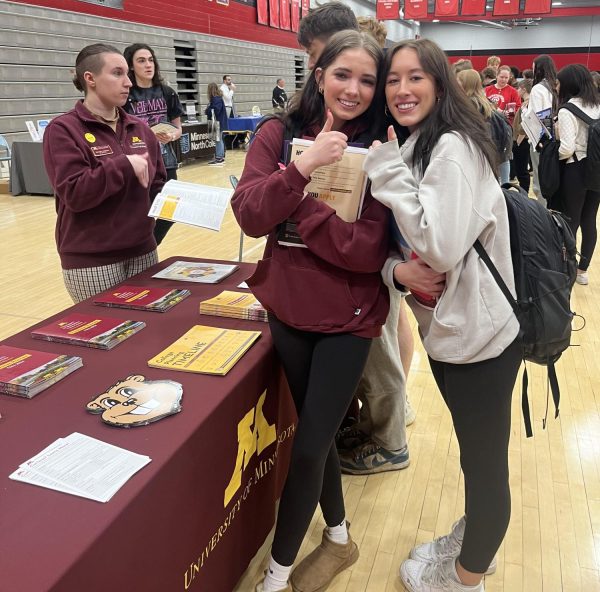
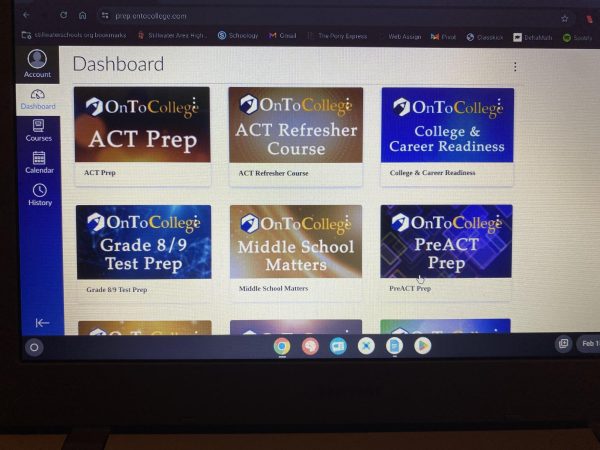
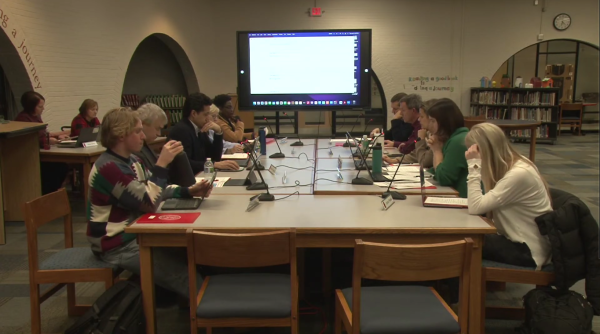
Noah Schoolman • Nov 14, 2017 at 7:24 am
This is a very relevant topic, and you did a very good job researching and collecting information for it. The article also flows very well and is interesting, while providing good information.
Joshua Framke • Nov 13, 2017 at 5:07 pm
Very compelling article about a subject that plagues many schools. Headline draws people in well since it could be taken in either a good or bad way. Quotes provide plenty of background information and view, especially Keyan’s. Adds even further depth with the introduction of two staff members points of view.
Andrew Phan • Nov 13, 2017 at 10:26 am
The topic is a very common topic with many students arguing the issue. Cell phones are very common in modern day life, it makes it easier for high school students to relate. Excellent interviews of using a credible teacher siding with the use of cell phones and showing both sides of the issue. It gave good information on the policy and the previous policy.
Kate Poor • Nov 12, 2017 at 8:41 pm
This article was appealing because as high schools students, we can relate to phone policies because they affect us. It was well-written and very informative. Good job!
Abby Banks • Nov 11, 2017 at 9:02 pm
I thought this article was very good! It did a very good job of informing the reader without being too dry, even as a fairly information-heavy piece. I might branch out from only interviewing the band teachers though, only because the band room setting is quite different from that as compared to an English classroom for instance.
Wyatt Wasko • Nov 7, 2017 at 9:09 am
I like how the lead was done, with having the cell phone policy link being in the lead it helps those that are wanting to learn more about the policy before reading the rest of the article.
The picture along with the headline were very appealing to me as I can relate to the use of cell phones.
The explanations that were given throughout the article were outstanding, and the interviews surrounding the topic went along with the explanations very well.
This is one of the better articles I have seen from issue one, everything flows very well and there isn’t a single paragraph that wasn’t interesting.
Mason Wylie • Oct 29, 2017 at 7:38 pm
The picture of the phone and the headline really dragged me in because it is very relatable. Throughout the article, I saw very clear and thorough explanations on the cell phone usage and what the interviewees thought on the topic. Also, the paragraphs transition very well from one to another. This is a very well written article, good work!